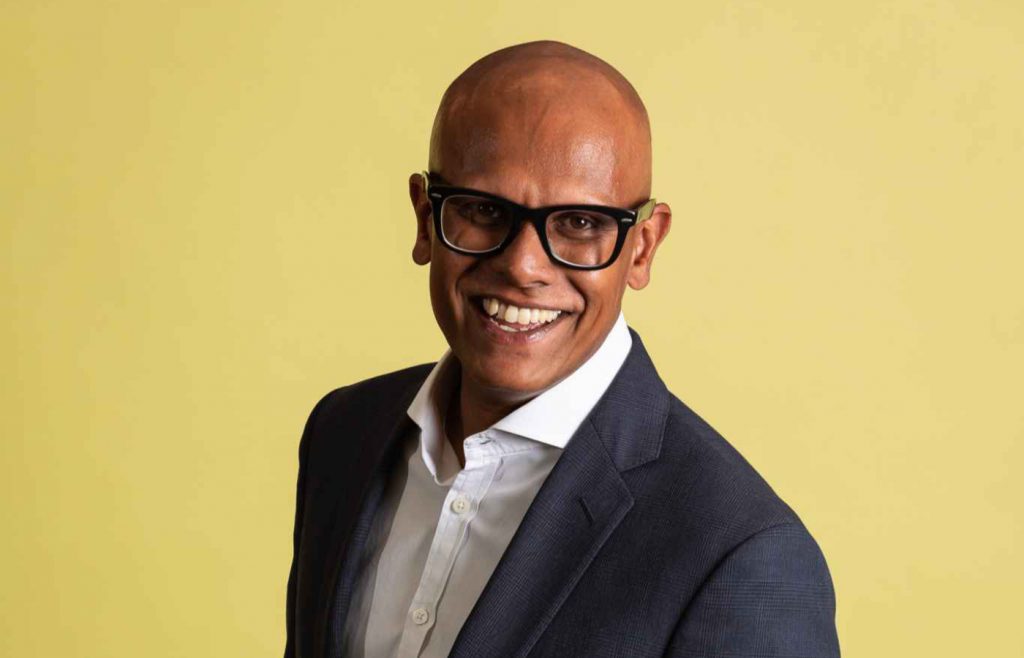Yvette Miley, Senior Vice President of Diversity, Equity and Inclusion at NBCU News Group, is an Emmy Award-winning journalist who has led coverage of milestone events for 27 years, including the Supreme Court ruling in favor of same-sex marriage in 2016. Yvette sat down with Jayzen Patria as a guest on his podcast, Lead With Your Brand! Read excerpts below from their conversation about Yvette’s career and how she found the confidence to be her authentic self in the workplace.
Q: When you meet someone who doesn’t know you, how do you explain what you do?
A: I don’t lead with my business card; I always talk a little bit about what I like and what I love. I say that I work with great people in the city of New York and I’m in the media and information industry. I like interacting and networking with people, and I love unearthing something about them in the conversation. I’m always curious and I’ve been that way since I was a child, so I love hearing the story of the person I’m engaging with.
Q: When you look back over your career, what have been some of the greatest career breakthrough moments where you felt that you got to the next level?
A: I think of when I took a leadership role as the vice president of a newsroom in Birmingham, Alabama. It wasn’t my first time being a manager, but it was my first time being someone that was responsible for not only the product but also the people. That was a breakthrough moment for me because I needed that opportunity to prove, not to others, but to myself that I could do it.
Q: What was it like diving into a new role in Birmingham after working at WTVJ in Miami?
A: It reminded me of how I entered the newsroom at the beginning of my career; it took me back to that place of uncertainty. I’m so amazed at the people now who are bold, dynamic and know exactly what they want. They talk about bringing their “full authentic selves” into work, but that phrase wasn’t around when I was starting out. I could not be the loud Black woman; I could not be the angry Black woman. I had stereotypes staring me in the face at every turn, so I didn’t know who I was. I was always calibrating how I acted based on who I was engaging with. I was a wreck for the first four years because I was trying to be apologetic for existing.
So, in that moment of becoming the leader in Birmingham, I had that uncertain feeling. But being comfortable and accepting who I am has allowed me to be better professionally. I had to come to terms with me, in order to grow and blossom in the way that I could.
Q: How has being openly LGBTQ+ and being openly out helped you in your career?
A: I was more comfortable coming out at work than I was coming out at home. In fact, I came out there first because it was just a matter of the environment that I found myself in, where sexual orientation had zero impact, or was not a determinant, on my ability to do my job. I was given respect based on how I performed without being judged on my sexual orientation, which gave me the confidence to eventually say to my family and friends: this is who I am.


